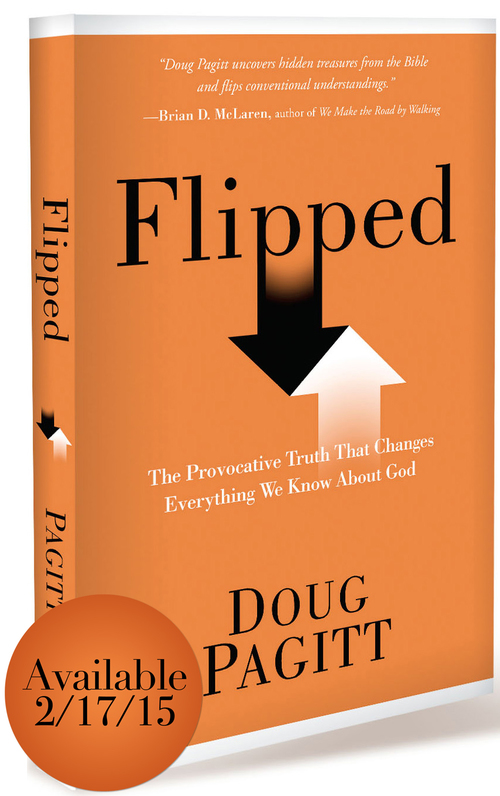I gave the message this past Sunday on the rich passage of John 13. It was entitled “Loyalty Tests and Dirty Feet” (you can listen/watch it here) and it’s the familiar scene of Jesus washing the feet of his disciples during their meal on the week of Passover. This is the night where he gives the “Farewell Discourse” (John 13-17) and shortly after will be praying in the garden where he will be arrested. This is the night that Peter will deny Jesus three times, the other disciples will also disappear and this is the night that Judas will forever be known as the betrayer of Jesus.
As you read the Gospels, Jesus keeps trying to prepare the disciples that this is coming. But it’s unimaginable to them. They know Jesus is a “spiritual guy” but they cannot get past the idea that this Kingdom he keeps talking about is not an earthy kingdom. I mean, who wants a spiritual kingdom?
One of the moments that has gripped me is after Jesus washes the disciples’ feet, he tells them that one [Read more…]
 Doug Pagitt is releasing his new book Flipped this Tuesday and I hope you check it out. I was able to obtain a pre-release (without any promise/payment of a review/endorsement). Like with any pre-release I try to get my hands on, I was hoping I would like it, but with high expectations sometimes comes disappointment. In this case, I’m happy to say Flipped delivered and I really liked it.
Doug Pagitt is releasing his new book Flipped this Tuesday and I hope you check it out. I was able to obtain a pre-release (without any promise/payment of a review/endorsement). Like with any pre-release I try to get my hands on, I was hoping I would like it, but with high expectations sometimes comes disappointment. In this case, I’m happy to say Flipped delivered and I really liked it. Brian Williams is the cautionary tale of the week.
Brian Williams is the cautionary tale of the week. 




Recent Comments